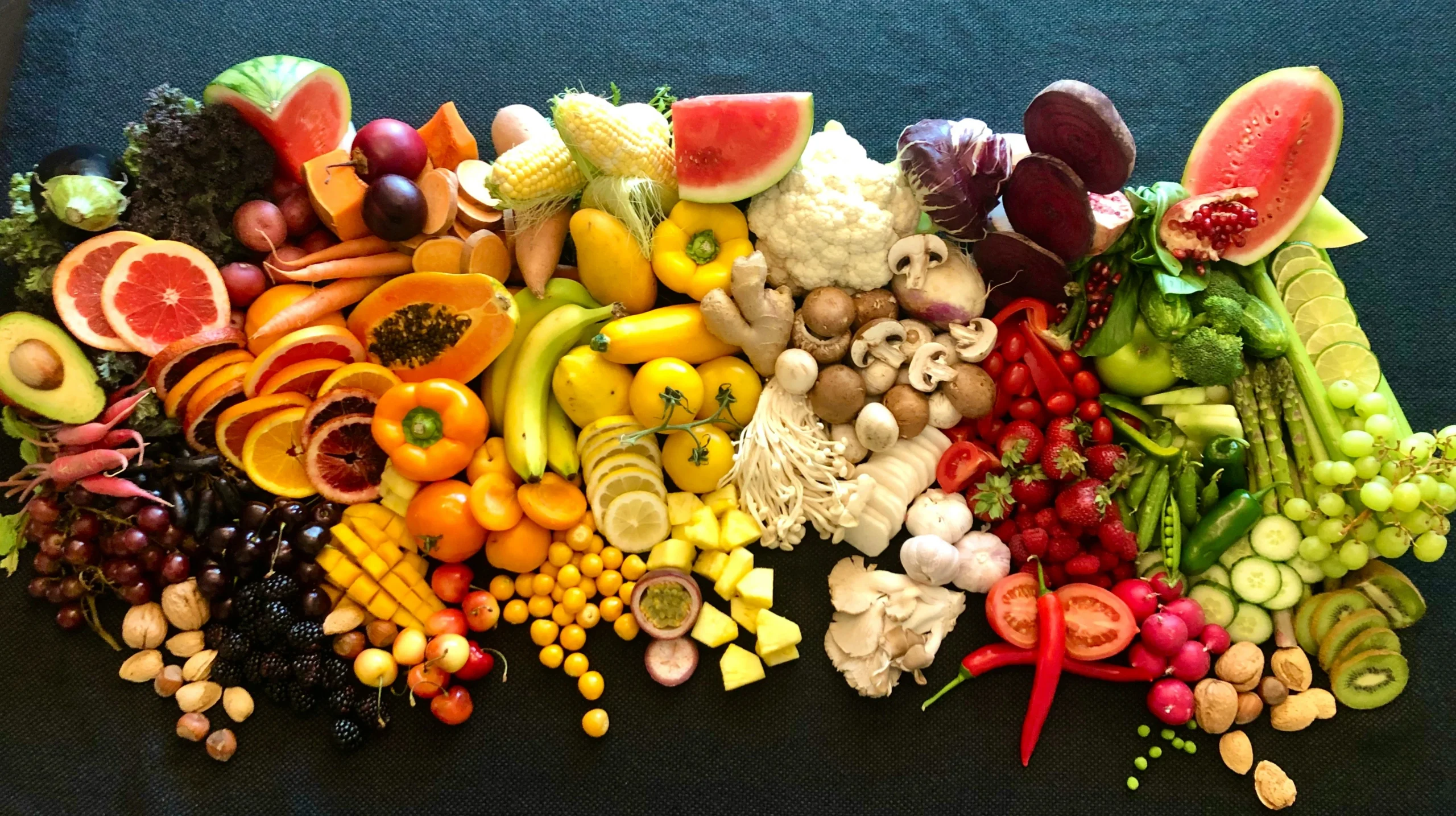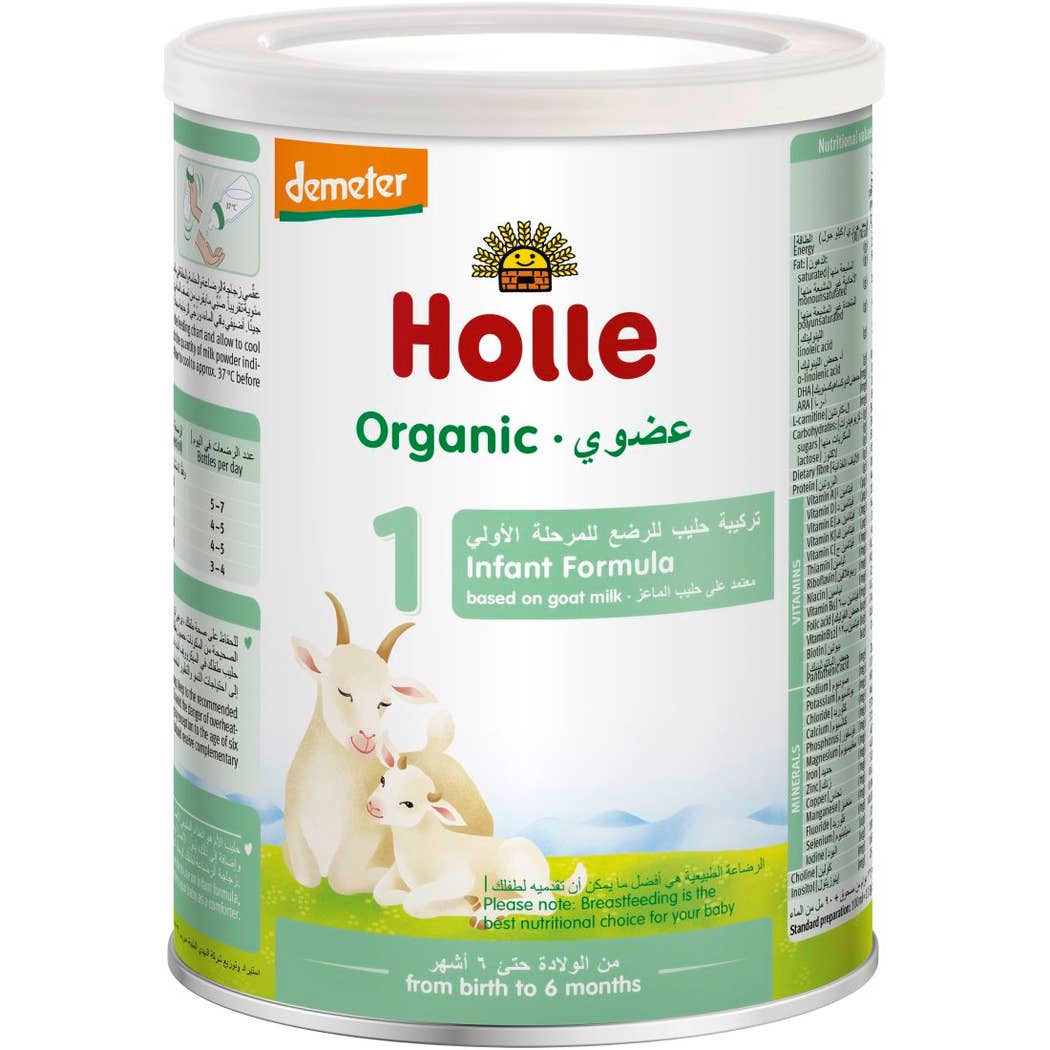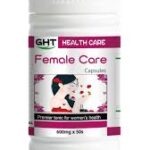5 Essentials of Healthy Nutrition to Maintain a Fit and Active Body

Healthy nutrition is the foundation of building a strong body, which is why it’s important to maintain the essentials of healthy nutrition to support the health, energy, and strength of the body and its organs.
Nutrition plays a role in the development of organs, and the vitamins found in food are essential for biological processes, energy production, and other vital functions.
Essentials of Healthy Nutrition for a Disease-Free Body
The essentials of healthy nutrition include balanced meals in terms of components, quantities, and types, along with maintaining hydration through healthy drinks and water. But what are the characteristics of a balanced meal?
Characteristics of a Balanced Meal
A balanced meal must contain a variety of nutrients to provide the body with the maximum benefit and provide the essentials of healthy nutrition. A meal can be called “balanced” if it includes:
-
A sufficient amount of vegetables:
The meal should include vegetables to supply enough vitamins and dietary fiber. Vegetables are rich in vitamins, minerals, and fiber that regulate bowel movements and prevent constipation.
In addition to cooked vegetables such as beans, peas, and spinach, raw vegetable salads are especially important, as they provide heat-sensitive vitamins like vitamin C found in tomatoes and peppers.
-
Protein is essential for muscle building:
Alongside vegetables, protein is a crucial component for building muscles and maintaining body strength. Protein sources include animal-based foods like eggs, meat, fish, and poultry, as well as plant-based options such as edible mushrooms and legumes like chickpeas, lentils, and beans.
Although plant-based proteins are beneficial, animal-based proteins are generally more potent and effective.
-
A healthy source of carbohydrates:
Including healthy carbohydrates in your meal is essential and one of the essentials of healthy nutrition. Carbohydrates are the simplest source of energy for the body. Choosing the right type is important—complex carbohydrates are better for the body and provide longer-lasting satiety. Common healthy complex carbs include oats, whole grains, and potatoes.
-
Fruits for satiety, sweetness, and vitamins:

Including fruit in your daily routine—whether as part of a meal or a snack—is essential. Fruits provide many necessary vitamins and minerals, such as vitamin C, B-complex vitamins, iron, magnesium, potassium and other elements essential for skin, hair and whole body .
They also contain a lot of dietary fiber, and many fruits are high in water content, which helps hydrate the body. Fruits are also rich in antioxidants, which reduce the harmful effects of free radicals.
-
Meeting your calorie needs without excess:
One of the most important essential of healthy nutrition is maintaining the required daily calorie intake. Consuming more calories than needed leads to fat storage and weight gain, while consuming too little can cause weight loss and weakness.
Calories can be increased when treating underweight conditions in a healthy way, or reduced for weight loss during obesity treatment.
Water… the overlooked golden element of health:
Despite the overall importance of nutrition, water and fluids are especially crucial role in essentials of healthy nutrition. They help maintain the body’s fluids, including blood and cellular fluids. Even mild dehydration can cause problems such as dry skin, cornea, and mucous membranes. Severe dehydration may lead to more serious conditions like acute kidney failure due to thickened blood and poor kidney perfusion.
Drinking enough water (2–3 liters per day) also helps reduce false hunger, thereby lowering the risk of obesity.
Meal timing is a fundamental rule:
Organizing meal times is one of the core essentials of healthy nutrition. It helps ensure proper digestion and nutrient absorption while avoiding digestive problems. It also prevents excessive hunger that may lead to overeating later.
Meal timing strategies vary depending on the diet. Some systems recommend three main meals and two snacks spaced no more than four hours apart, ensuring constant energy and avoiding hunger.
Other systems rely on long fasting periods (12–18 hours), such as intermittent fasting, where the body eliminates damaged cells during the fasting window.
Regardless of your dietary approach, maintaining food variety and consuming adequate, non-excessive portions is one of the most important fundamentals of healthy nutrition.

 Skin exfoliation products
Skin exfoliation products
 Skin moisturizing products
Skin moisturizing products
 Skin cleansers
Skin cleansers
 Sun protection products
Sun protection products
 Skin whitening products
Skin whitening products
 Skin serums
Skin serums
 Korean skin care products
Korean skin care products
 Skin masks
Skin masks
 Natural skin care products
Natural skin care products
 Shampoo
Shampoo
 Hair cream bath and masks
Hair cream bath and masks
 Hair styling products
Hair styling products
 Hair oils and serums
Hair oils and serums
 Hair dyes
Hair dyes
 Natural hair products
Natural hair products
 Baby strollers
Baby strollers
 Baby toys
Baby toys
 Baby carriers
Baby carriers
 Car seats
Car seats
 Baby walkers
Baby walkers
 Baby rockers
Baby rockers
 Baby beds
Baby beds
 Baby milk
Baby milk
 Baby food
Baby food
 Baby feeding supplies
Baby feeding supplies
 Baby bottles
Baby bottles
 Pacifiers
Pacifiers
 Teethers
Teethers
 Baby hygiene care
Baby hygiene care
 Skin care for babies
Skin care for babies
 Diapers
Diapers
 Perfumes for babies
Perfumes for babies
 Women’s perfumes
Women’s perfumes
 Men’s perfumes
Men’s perfumes
 Unisex perfumes
Unisex perfumes
 Oriental perfumes
Oriental perfumes
 Luxury perfumes
Luxury perfumes
 Hair perfumes
Hair perfumes
 Deodorants
Deodorants
 Body and shower care
Body and shower care
 Women’s care products
Women’s care products
 Men’s care products
Men’s care products
 Sexual health
Sexual health
 Lipsticks
Lipsticks
 Eye Makeup
Eye Makeup
 Face Makeup
Face Makeup
 False nails and lashes
False nails and lashes
 Contact Lenses
Contact Lenses
